Understanding North Carolina's Recent Medical Marijuana Bill
While North Carolina has yet to fully legalize medical marijuana, it has taken steps toward making it accessible to the population. The North Carolina Medical Marijuana Bill SB 711, also called the Compassionate Care Act, allows those with certain qualifying medical conditions to purchase medical marijuana through regulated cannabis dispensaries. Recent changes to the Bill reflect the state’s growing push toward accessible cannabis options for those in need. In this article, we will discuss the Bill, including identifying who qualifies, what legal protections they receive, the role of physicians and caregivers, regulation and licensing, taxation, and more.

A Summary of SB711 - The Compassionate Care Act
Senate Bill 711, named the Compassionate Care Act, was approved on August 18, 2021, and was sponsored by Sen. Michael Lee (R), Sen. Paul Lowe (D), and Sen Bill Rabon (R). It provides a legal path to medical marijuana for those with certain debilitating medical conditions as diagnosed by a licensed medical professional.
Who Qualifies?
Under SB711, there are strict guidelines as to who qualifies for medical marijuana, as well as what they must do to receive treatment. These guidelines are outlined below.
Qualifying Medical Conditions
Medical conditions that qualify for medical cannabis include:
- Terminal illness with a life expectancy below six months
- Persistent nausea related to end-of-life
- Wasting syndrome or cachexia
- Multiple Sclerosis
- Post-Traumatic Stress Disorder
- Parkinson’s Disease
- Sickle Cell Anemia
- Crohn’s Disease
- Amyotrophic Lateral Sclerosis (ALS)
- Acquired Immune Deficiency Syndrom (AIDS)
- Human Immunodeficiency Virus (HIV)
- Epilepsy
- Cancer
- Any serious condition included by the Medical Cannabis Advisory Board
It is important to note that for patients under 18, parental consent is required for qualification, and the parents must be the ones purchasing and dosing the cannabis. To apply to legally use medical marijuana, qualifying individuals must obtain and submit a written certification from a physician showing that the benefits of the cannabis outweigh any risks to the patient. They must also submit an application with the certification. If approved, the Department of Health and Human Services issues a registry identification card to the patient.
Legal Protection
SB711 put the following regulations in place regarding legal protection for patients and distributors, protecting them from the ramifications of marijuana possession.
- Suppliers are exempt from criminal marijuana laws within the state, including cannabis transportation, delivery, production, and possession, when providing for qualifying individuals adhering to the North Carolina Compassion Care Act.
- Those who hold registry identification are exempt from possession penalty, prosecution, and arrest when purchasing a legal cannabis supply to be used for medical purposes.
- All patients must carry their registration identification card and a valid ID whenever they possess cannabis-infused or cannabis products. If approached by an officer, they must immediately disclose both pieces of identification.
- Patients can possess a 30-day supply at a time as prescribed by the attending physician.
- Patients cannot vape or smoke cannabis in public spaces or areas with public access, vehicles, or places of employment. Additionally, using marijuana within 100 feet of a school, childcare building, or church is a violation and could incur a punishable fine of up to $25.
- Patients purchasing a prescribed medical cannabis supply are not subject to possession prosecution or arrest.
Physician Regulations and Role
To ensure physicians are well-educated on their role in prescribing medical marijuana, the Bill indicated the following guidelines.
To receive medical marijuana, the patient must have a signed statement from a physician they have a true patient-physician relationship. The statement must contain the following:
- The professional opinion of the physician stating that the patient’s medical condition is debilitating.
- The professional opinion of the physician stating how the potential health benefits of using medical marijuana outweigh the potential risks for the patient.
- How the cannabis will be delivered
Physicians are not allowed to prescribe non-inhalation cannabis consumption to patients under 18. The physician must also complete a three-hour-long cannabis continuing education course before they can write patient certifications and a one-hour supplemental course yearly thereafter. Finally, the number of certifications a physician can issue is limited by the Medical Care Commission.
Regarding Caregivers
Caregivers for medical marijuana patients must comply with certain regulations. They must be 21 years or older unless they are the parent of the patient. Only two caregiver registry identification cards are issued per patient, and they must be named in the patient’s application. If the caregiver changes their address of name, they must pay a $50 fee and notify the Department within 15 days.
Medical Marijuana Regulation
Only ten cannabis supplier licenses are issued by the Medical Cannabis Production Commission. Each supplier may only operate up to four cannabis centers, with two being in Tier One counties. The supplier can only sell cannabis grown in qualified facilities through the center with an operational license. They are allowed to sell to other suppliers. The Commission can approve applications for suppliers by majority vote, and standards for licensing up to five testing laboratories are required under the Bill.
Medical Marijuana Card Timeline
The Department has 45 days to review registry identification and renewal applications. They must approve or deny each within that timeline. Once approved, the Department has 14 days to issue the registry card, which will expire a year after the issue date. The Bill indicates that the North Carolina Medical Care Commission has 270 days to implement the rules and regulations within the Bill.
For more information on The North Carolina Compassionate Care Act, check out this link.
Charlotte MD, is North Carolina’s official medical marijuana doctor. Our state-certified physicians have helped over 25,000 patients get the medical cannabis they deserve. We provide an in-person consultation and issue medical marijuana certifications to qualifying individuals. Once you receive your certification, you can use it to purchase cannabis from a state-regulated dispensary. Contact Charlotte MD, and get the relief you need from doctors you can trust.

